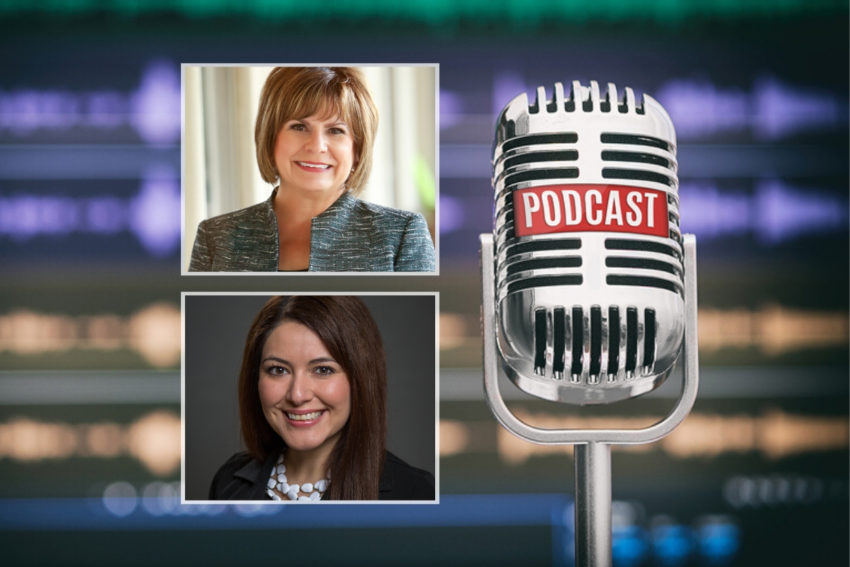
Share On Social!
Dr. Amelie Ramirez, Director of Salud America! at UT Health San Antonio, and Rosalie Aguilar, National Project Coordinator, discussed some of the challenges U.S. Latinos face amid the COVID-19 pandemic, on a recent episode of The Nation’s Health, The American Public Health Association (APHA) podcast.
On the podcast, Ramirez and Aguilar talked about:
- How COVID-19 impacts U.S. Latinos differently
- The important role language plays during a pandemic like COVID-19
- Promoting health equity during the pandemic
- What public health practitioners can do to close the gap and lessen the harmful impact on Latino communities
Latinos already face a number of health disparities due to underlying inequities in poverty, access to quality and affordable housing, jobs, and education.
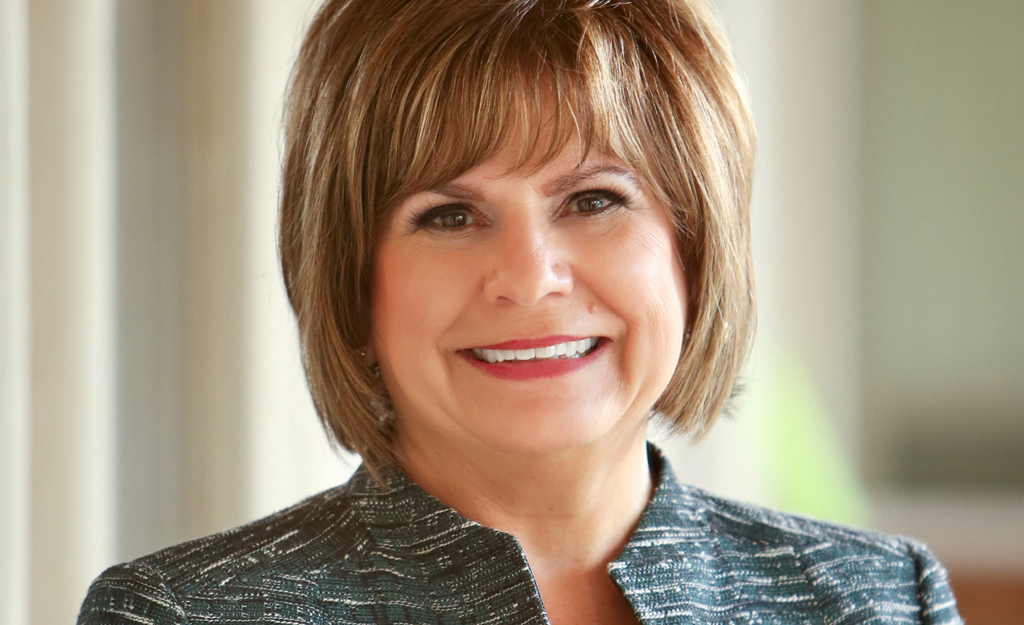
Knowing this, the Salud America! team took swift action and applied its digital content curation model to communicate culturally relevant news, stories, and data to generate action against the pandemic’s inequitable impacts on U.S. Latinos.
“We have higher rates of diabetes, obesity, cardiovascular disease, asthma in our community,” Ramirez said. “So that if they are impacted by COVID-19, their cases are probably more complicated because of that.”
Impacts of COVID-19 on Latinos
Ramirez described the impact of COVID-19 on Latinos with jobs on the front lines.
“Many of these jobs don’t allow them to have that physical distancing that is required. They are the ones that have to really be in the front lines for many things,” she said. “Therefore, their level of exposure is going to be higher. Many of them are working in high-contact jobs such as food, retail, hospitality — the ones that are in the hospital helping to clean up, different cleaning services, and things like that.”
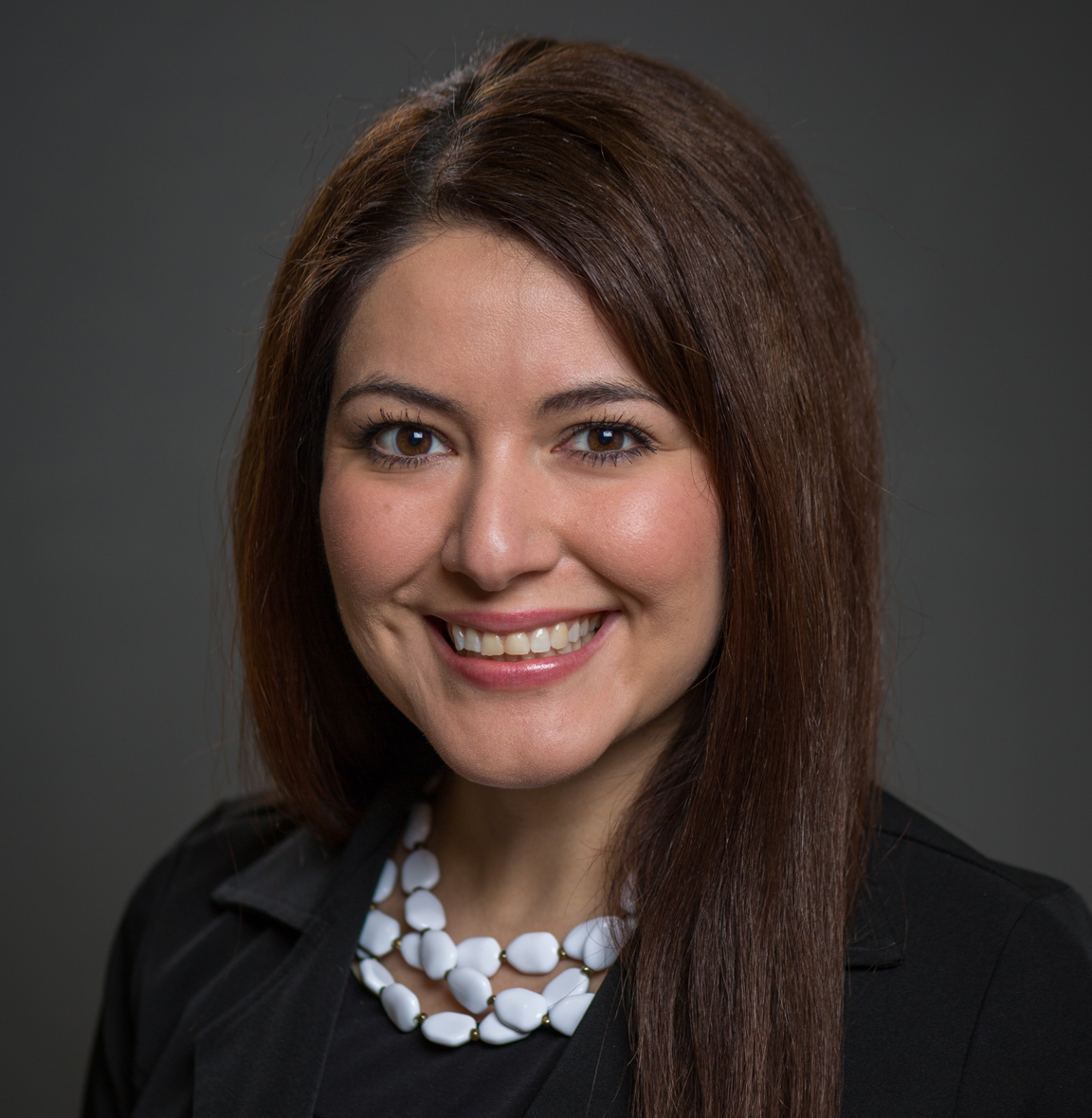
The challenge of maintaining social distance is complicated when Latinos live in multi-generational households.
“Many of these workers are facing higher exposure and then coming home to their families where they may be living in multi- generational households,” Aguilar said.
Higher Rates of COVID-19 Among Latinos
Recent data from U.S. cities and states show that new cases and deaths attributed to COVID-19 are disproportionately higher among Latinos.
 A recent survey conducted by Unidos en Salud (a partnership between San Francisco’s Latino Task Force and infectious disease specialists at the University of California, San Francisco) tested residents living in one census tract of the city’s Mission District. 44% of those tested were Latino, according to the Los Angeles Times.
A recent survey conducted by Unidos en Salud (a partnership between San Francisco’s Latino Task Force and infectious disease specialists at the University of California, San Francisco) tested residents living in one census tract of the city’s Mission District. 44% of those tested were Latino, according to the Los Angeles Times.
Of 3,000 people tested, 62 were positive for COVID-19. Latinos accounted for over 95% of positive cases!
The survey also found that nearly 9 in 10 of those who tested positive earned less that $50,000 and many lived in households of 3 to 5 people or larger.
Health Equity & Cultural Relevancy for Latinos
During the podcast, Dr. Ramirez shared about education, the digital divide, and the importance of having information that is culturally and linguistically relevant to Latinos.
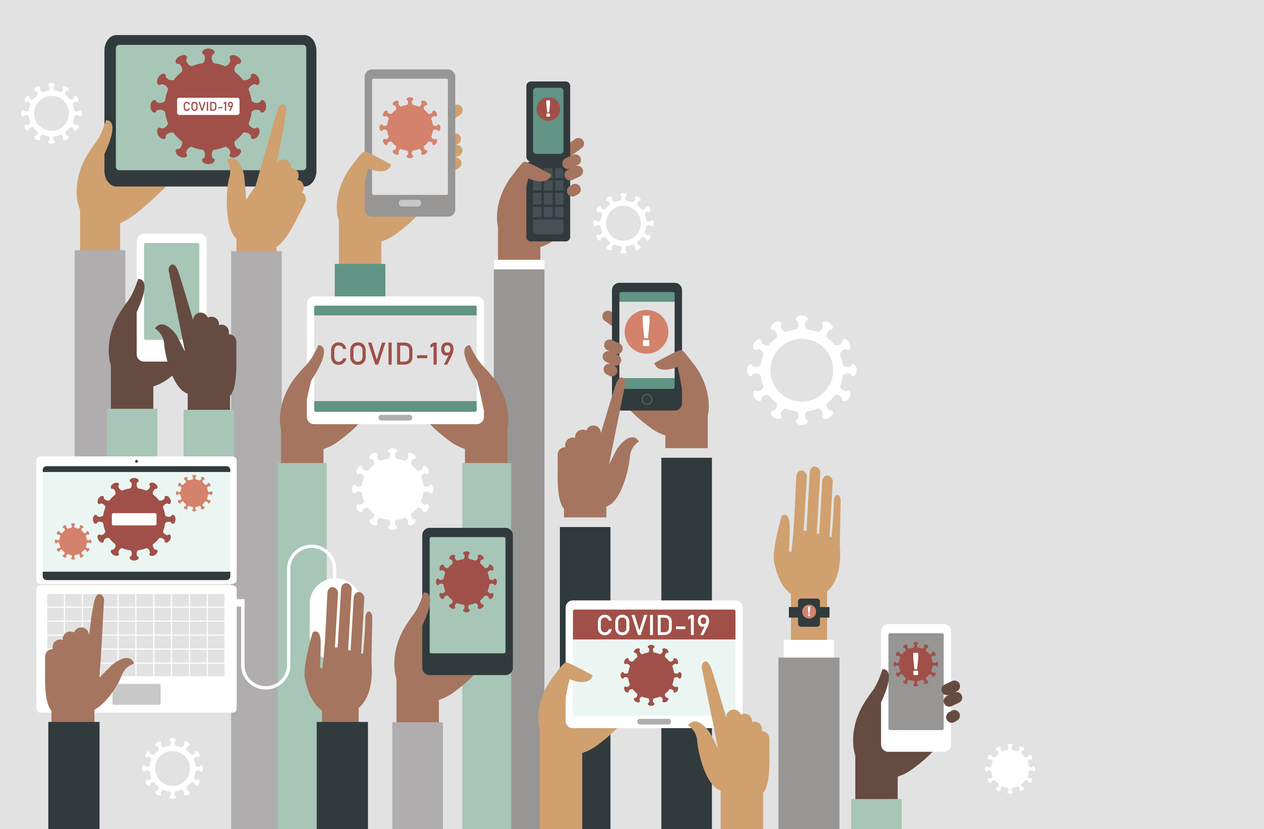 “Language is very critical,” Ramirez said. “As you’ll notice, there’s not a whole lot of information out there is available in Spanish and being available at a literacy level that is something that is easier to consume.”
“Language is very critical,” Ramirez said. “As you’ll notice, there’s not a whole lot of information out there is available in Spanish and being available at a literacy level that is something that is easier to consume.”
Salud America! recently released a bilingual infographic on eight ways COVID-19 impacts Latinos. We also shared Spanish-language resources and a COVID-19 La Loteria bilingual bingo game to help Latino health advocates and families communicate the need for action Latino health equity amid COVID-19.
Take Action for Latino Health Equity
“What can people working in public health do?” asked Aaron Warwick of The Nation’s Health podcast.
Ramirez said some children are having difficulty accessing and completing their school assignments.
“We definitely need to work on our health care access, as well as decreasing the digital divide,” Ramirez said.
Many health leaders are also concerned about higher rates of domestic violence.
“We need to be working with individuals across various sectors,” said Aguilar. “Giving these individuals the tools they need to make sure that families are safe, that children are also safe.”
Listen to APHA’s full 8-minute podcast, U.S. Hispanics struggling with greater challenges in face of COVID-19.
Also, get a “Health Equity Report Card” for your area!
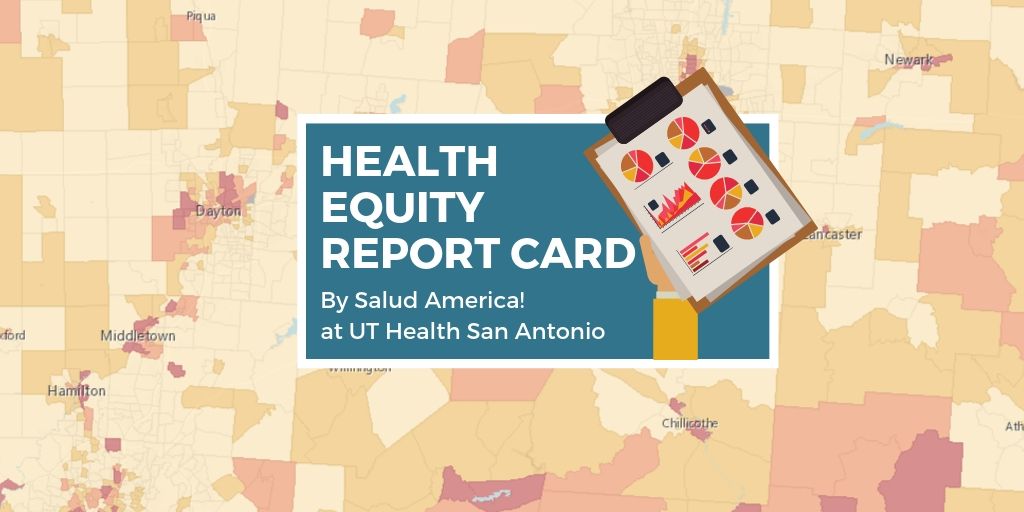 Select your county name and get a customized Health Equity Report Card by Salud America! at UT Health San Antonio. You will see how your area stacks up in housing, transit, poverty, health care, healthy food, and other health equity issues compared to the rest of your state and nation.
Select your county name and get a customized Health Equity Report Card by Salud America! at UT Health San Antonio. You will see how your area stacks up in housing, transit, poverty, health care, healthy food, and other health equity issues compared to the rest of your state and nation.
You can email your Health Equity Report Card, share it on social media, and use it to make the case for community change to boost health equity.
Have you subscribed to our Salud Talks Latino health equity podcast? Be sure to check out the latest episodes here.
Get your health equity Report Card!
Explore More:
Healthcare AccessBy The Numbers
142
Percent
Expected rise in Latino cancer cases in coming years



